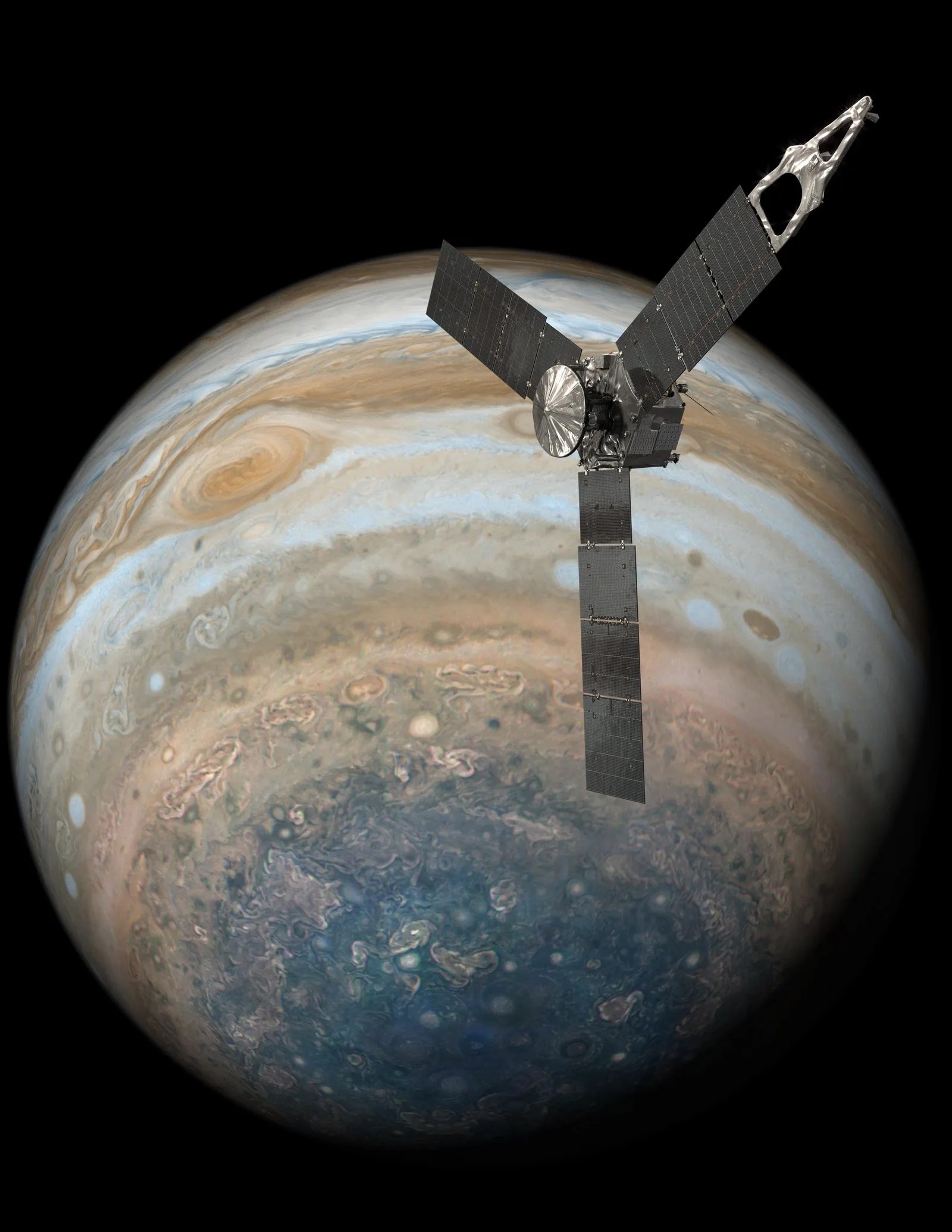2 min read
Amendment 30: New Opportunity in ROSES: C.28 Mars Science Laboratory Participating Scientist program
The purpose of the Mars Science Laboratory (MSL) Participating Scientist (PS) program is to enhance the scientific return from the mission by broadening participation in the mission and mission operations. The program solicits new investigations that broaden and/or complement the funded Principal Investigator (PI)-led instrument investigations, thus maximizing the contribution of MSL to the future exploration and scientific understanding of Mars. Participating Scientist proposals may include instrument-specific or multi-instrument investigations and, in all cases, must include both science analysis and an operational component (commitment to participate in daily operations).
ROSES-2021 Amendment 30 releases text for a new program element: C.28 The Mars Science Laboratory Participating Scientist Program (MSLPSP). Proposals to this program will be taken by a two-step process in which the Notice of Intent is replaced by a required Step-1 proposal submitted by an organization Authorized Organizational Representative. No PDF upload or budget is required for the Step-1 proposal. Step-2 proposals submitted to this program element will be evaluated using dual-anonymous peer review. Proposals must be prepared following the guidelines in this program element and the "Guidelines for Anonymous Proposals" document under "Other Documents" on the NSPIRES page for this program element.
Step-1 proposals are due September 15, 2021, and Step-2 proposals are due November 5, 2021.
On or about August 6, 2021, this Amendment to the NASA Research Announcement "Research Opportunities in Space and Earth Sciences (ROSES) 2021" (NNH21ZDA001N) will be posted on the NASA research opportunity homepage at https://solicitation.nasaprs.com/ROSES2021.
Questions concerning MSLPSP may be directed to Rebecca McCauley Rench at rebecca.l.mccauleyrench@nasa.gov.






